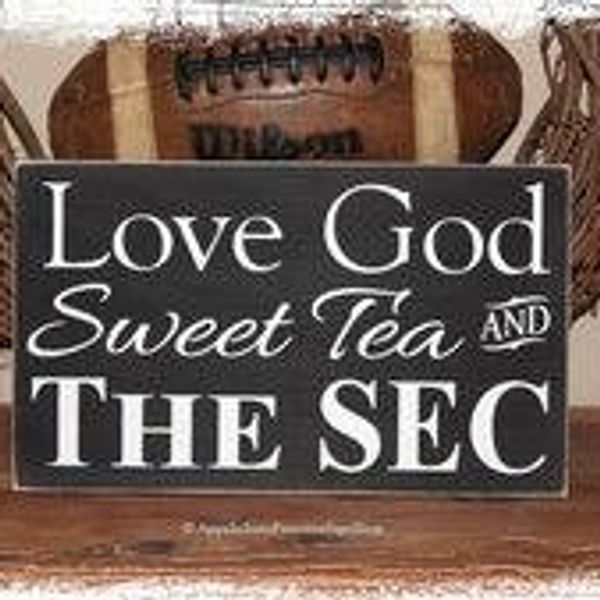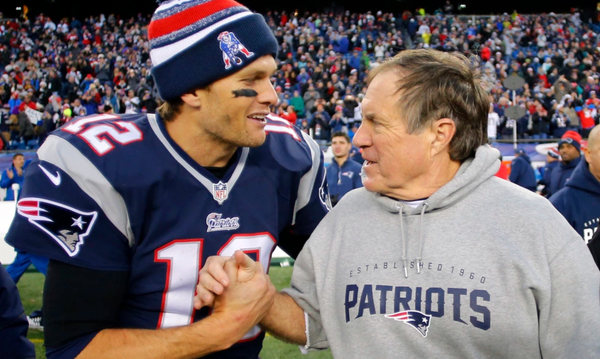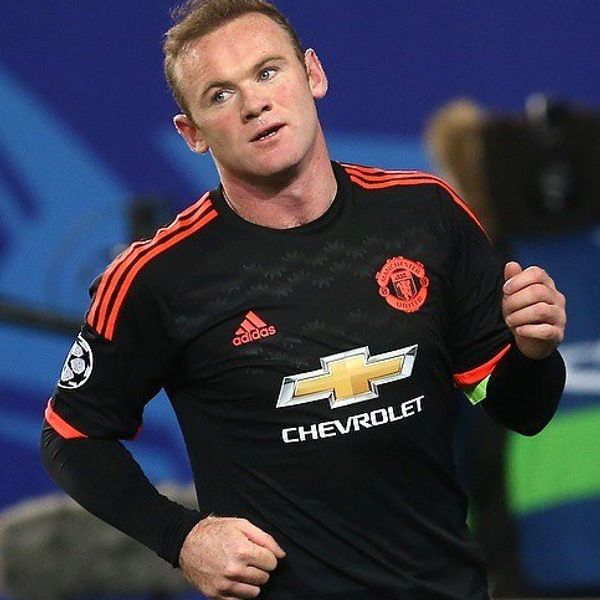There's been quite a bit of commentary and speculation as to why the NFL has seen a sizable dip in its ratings through the first segment of the 2016 season. A recent poll points to the protests taking place during the national anthem, with 56% of respondents to the poll saying that they believe those are the main cause for the dip in viewership.
However, as someone who's watched nearly every primetime game and a good number of the regularly scheduled 1:00pm Sunday games (thanks to NFL Sunday Ticket), I would have to disagree with that notion. Of course, I can't say for certain that people aren't choosing not to watch because of the protests. The evidence simply points to other issues.
One such issue is poor scheduling of primetime games. Case in point: last week's Thursday Night game between the Jacksonville Jaguars and the Tennessee Titans. Neither of those teams are particularly flashy. The biggest draw from either team is that the starting quarterback for the Titans is former Heismann trophy winner and 2015 2nd overall draft pick, Marcus Mariota. Otherwise, both teams come from relatively small markets and have a history of being mediocre at best. The fact that it's a division game hardly adds an excitement factor, considering they are the bottom two teams in the worst division in the NFL with a combined record of 6-9.
Now to be fair to the league offices, nobody knows how the season is going to shake out, but there has been a noticeable pattern of choosing poor matchups for primetime games. As of Monday night, 24 teams will have played a Monday or Thursday night primetime game. Of those 24 teams, 14 have failed to notch a winning season more than once in the previous three seasons.
That number includes the dismal Chicago Bears, whose best season of the previous three was in 2013 when they went 8-8. Along with the defending Super Bowl champs, they're the only team to have played in three prime time games (as of Monday night), and both of the games that they've played as of this writing have been blowout losses.
Which brings me to the next point. As I said, there's no way of knowing exactly how the season will shake out, but we do know that people are prone to stop watching blowout games. As of this writing, 10 of the 16 primetime games played so far have been blowouts (as I define it, a blowout is a game with a final differential of 14 points or more.) People don't want to watch non-competitive games, so the league should take into account that pitting historically good teams against historically bad teams on primetime is likely to lead to bad television.
Then there's the international games. While a great concept for international marketing (and they really are popular over in England), sometimes the idea gets away from the NFL a little bit. Take into account the Week 7 game between the Los Angeles Rams and the Philadelphia Eagles. Because of the time difference, the games end up starting extra early stateside, as in, 9:30 AM EST. Note the EST, because the Rams, as in the just-moved-back-to-Los-Angeles-which-by-the-way-is-the-second-largest-media-market-in-the-country Rams, are located in the Pacific Time Zone.
That means that the second largest media market in the country would have had to wake up before 6:30 AM to watch their team (which is their team again for the first time in 20 years) play a game that could've been a home game for the 2016 season. Now, I'm no expert at marketing, but that doesn't sound like a recipe for good ratings.
Finally, there's been the recent rule changes. Last year, in an effort to make the games slightly more challenging, the league moved extra point attempts back 13 yards from the 2 yard marker to the 15. Then, they completely backtracked by moving touchbacks on kickoffs to the 25-yard line, increasing the rate of touchbacks receiving teams are willing to take.
Perhaps more troubling, though, the NFL decided this year to start cracking down on what they see as "taunting" and "excessive celebration." Not only will these penalties result in 15-yard losses for the teams, but the league included a new sanction, whereby a player who commits two of these penalties will be forced to exit the game.
The NFL's very own outspoken hero, Richard Sherman, of the Seattle Seahawks, recently wrote a column about the rule changes. Near the end of his column, he wrote, "I think if the NFL had its way, we would all be robots. We would all be perfect human beings off the field so that the league would never have to deal with another p.r. nightmare and everybody would smile and nod and hand the ball over to the official after a touchdown or a big play."
That is perhaps the most troubling part about the NFL's recent ratings drop. While they want to let people believe it's on the players for protesting while the national anthem plays, that's just not it. As Richard Sherman put it, the league is trying to "[legislate] the emotion out of the game," and players and fans alike are getting sick of it.
In short, the NFL has brought the ratings drops on themselves.





















